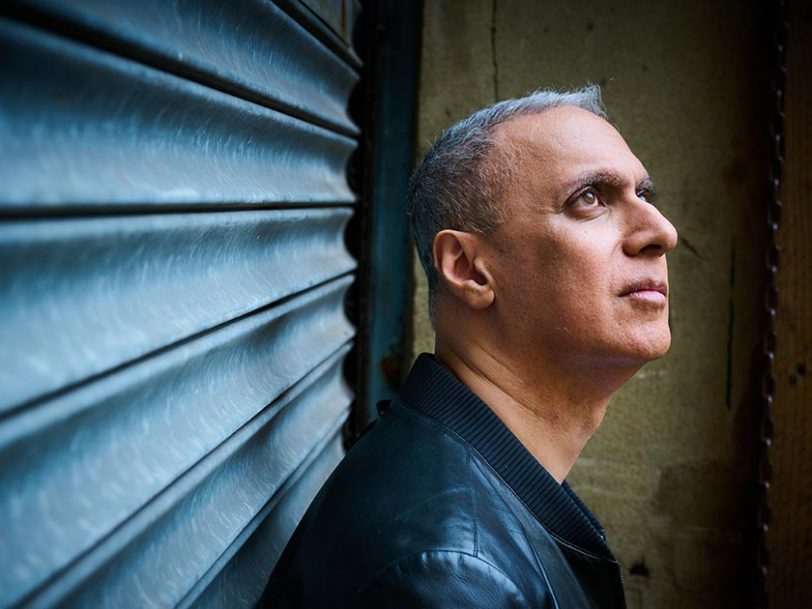Nitin Sawhney’s 13th studio release, Identity is one of the very best albums of 2023. It’s a profound exploration of a subject that raises pride, emotion and – increasingly in the way identity is discussed – conflict and division in society. “There’s been so much noise about what identity is, and who determines whose identity, that I thought it was important to make a statement,” Sawhney tells Dig!
Listen to ‘Identity’ here.
“My identity was defined by myself and no one else”
“I’d been thinking about this theme for a couple of years,” Sawhney says, reflecting on his inspirations for what would become Identity. “I said on an album called Beyond Skin, years ago, in 1999, that my identity was defined by myself and no one else. I actually wrote that in the sleevenotes. And it’s very interesting that the currency of that idea has become more and more relevant over time.”
Describing Identity as a “sonic collage”, Sawhney worked with 16 featured artists and a plethora of other musicians to probe what identity means to them. In a tribute to Sawhney’s wide appeal, there are household names on the record (Gary Lineker, Joss Stone, Guy Garvey), alongside musical mavericks who have long forged their own path away from the mainstream (Natacha Atlas, Aruba Red).
But perhaps the greatest number of collaborators are relatively unknown to most. Underground rapper-poet Jazzi Sirius is featured on two outstanding tracks; non-binary artist I Am Roze delivers an emotional vocal performance; and the cellist-singer Ayanna Witter-Johnson collaborates on a track celebrating the history of the Windrush generation in the UK. These artists sit alongside many, many others who share their creativity and experiences on Identity.




